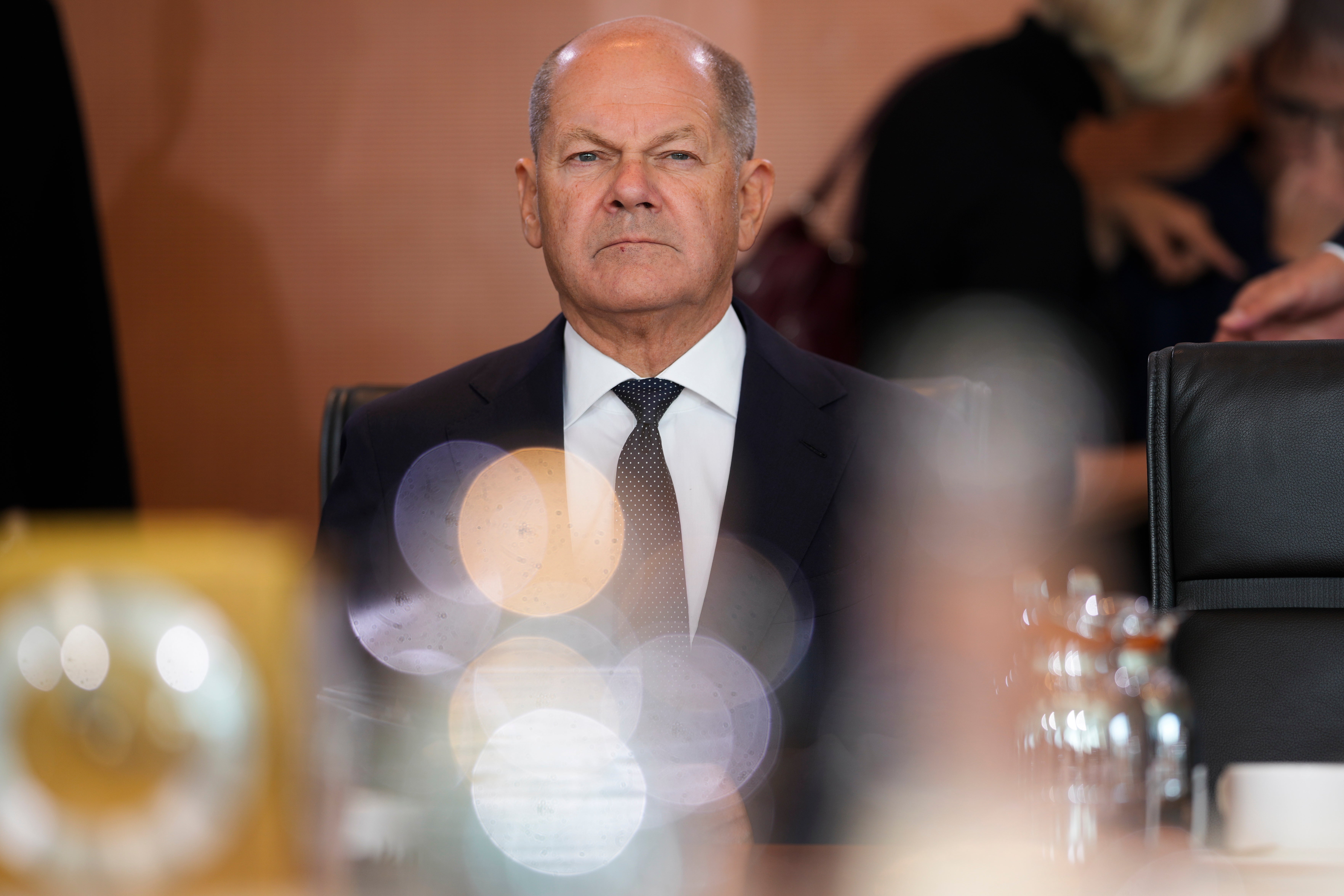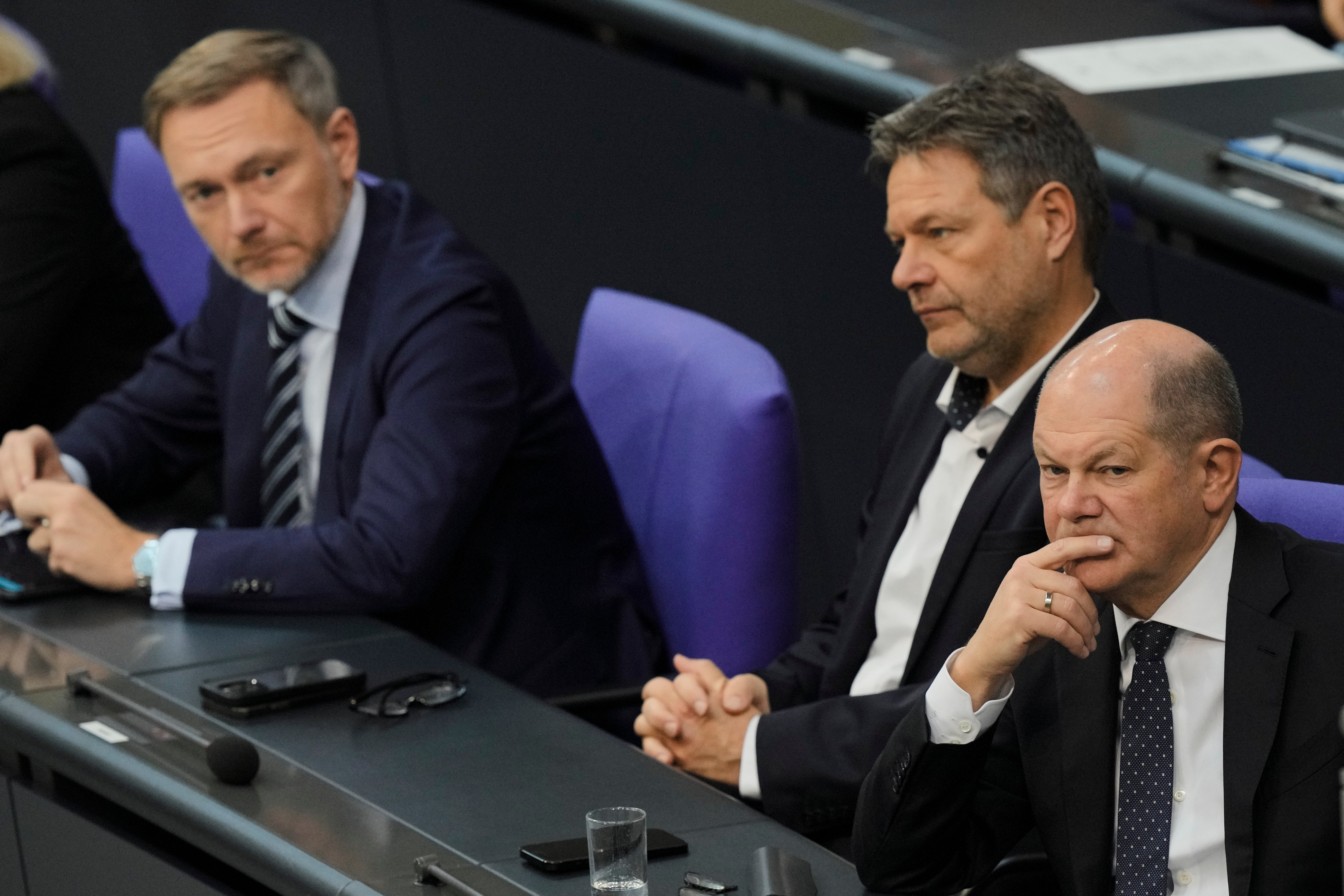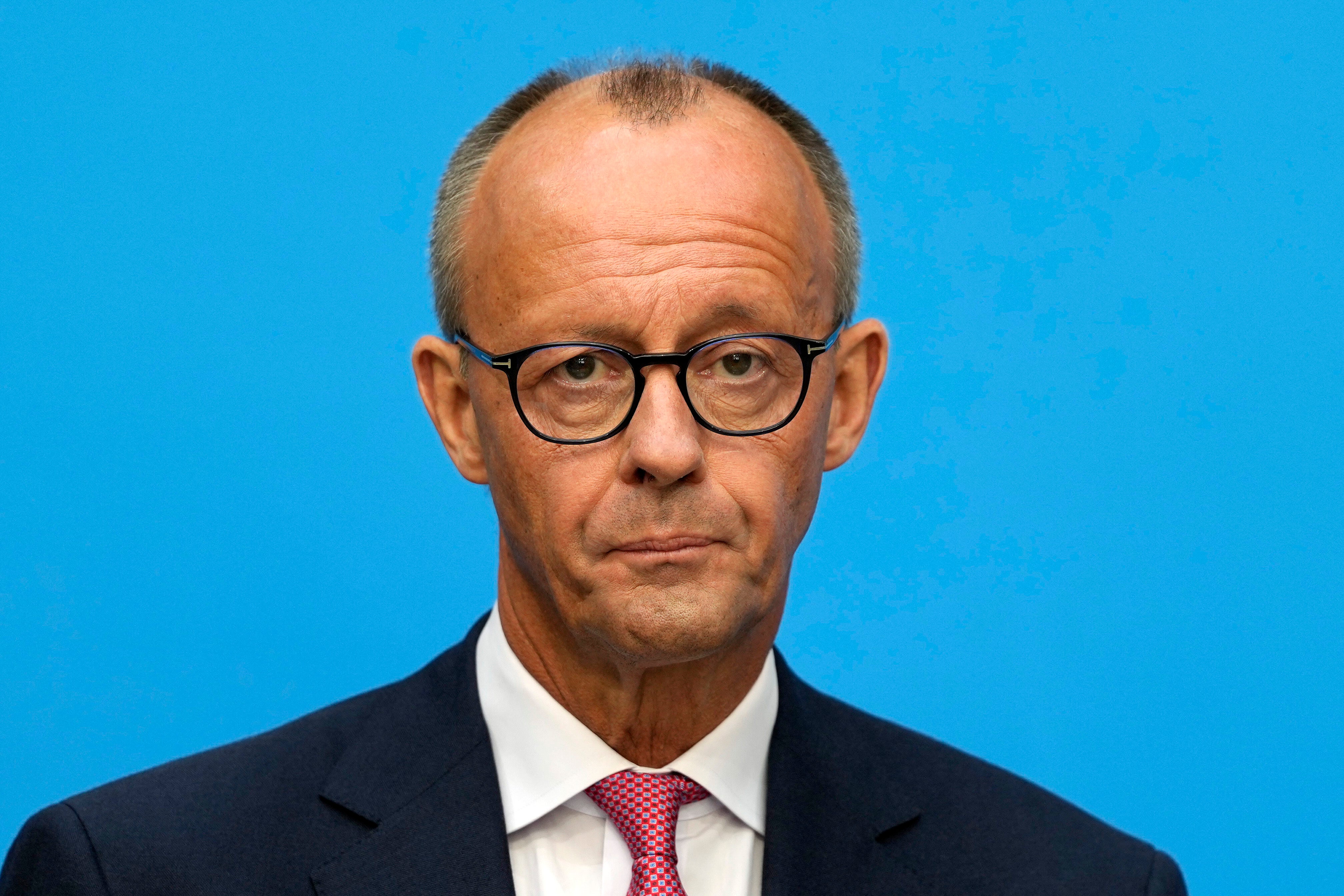Pressure piles on Germany’s Scholz to hold quick elections after coalition collapses
The political breakdown follows sacking of the finance minister

Your support helps us to tell the story
From reproductive rights to climate change to Big Tech, The Independent is on the ground when the story is developing. Whether it's investigating the financials of Elon Musk's pro-Trump PAC or producing our latest documentary, 'The A Word', which shines a light on the American women fighting for reproductive rights, we know how important it is to parse out the facts from the messaging.
At such a critical moment in US history, we need reporters on the ground. Your donation allows us to keep sending journalists to speak to both sides of the story.
The Independent is trusted by Americans across the entire political spectrum. And unlike many other quality news outlets, we choose not to lock Americans out of our reporting and analysis with paywalls. We believe quality journalism should be available to everyone, paid for by those who can afford it.
Your support makes all the difference.Opposition parties and businesses in Germany have called for new elections to be held as soon as possible after the three-way coalition government collapsed, plunging the country into political turmoil. They are urging an immediate vote of confidence in chancellor Olaf Scholz’s coalition “by the beginning of next week at the latest”.
The collapse of Mr Scholz’s coalition government, triggered by his decision to fire finance minister Christian Lindner of the Free Democrats (FDP) over a dispute about how to plug a multi-billion euro hole in the country’s budget, has left Germany’s Social Democrats (SPD) and Greens without a parliamentary majority.
Mr Scholz delayed his departure for Thursday’s European Union summit in Budapest due to the crisis at home and cancelled his attendance at the next United Nations climate change summit.
Mr Scholz, of the centre-left SPD, said he fired his finance minister from the fiscally conservative FDP for opposing his plan to suspend the debt brake again in order to raise more funds for Ukraine and the economy.
The break-up creates a leadership vacuum at the heart of Europe just as it seeks to form a united response to the election of Republican Donald Trump to a second term as US president on issues ranging from Russia’s invasion of Ukraine and the future of the Nato alliance, to possible new US trade tariffs.

Mr Scholz has announced plans to hold a confidence vote in January, which he is likely to lose, potentially triggering new elections by March, months earlier than the scheduled September election. However, opposition leader Mr Merz, whose conservative bloc now leads in polls, argues that this timeline is too slow.
In a hastily called news conference on Thursday, Mr Merz – who is in a strong position to become the country’s next leader – called for an immediate vote, saying Germany “simply cannot afford” to endure months “without a majority government” followed by an extended campaign and coalition talks. He urged for a confidence vote as soon as next week, suggesting that snap elections could take place by mid-January if Mr Scholz’s government fails. He told reporters: “Time is of the essence.”
Mr Merz had said he would press Mr Scholz to speed up the confidence vote in his meeting with him on Thursday, but that concluded without a result. Mr Scholz will now have to rely on cobbled-together parliamentary majorities to pass any serious measures. Although the opposition have few ways in which to force his hand.
German industry, reeling from high costs and fierce Asian competition, also urged Mr Scholz’s government to arrange snap elections as soon as possible. Wolfgang Grosse Entrup, who heads the VCI lobby group for Germany’s key pharma and chemicals sector, said: “Especially in these challenging times, we need a solution-oriented federal government capable of taking action. We cannot afford a months-long standstill and political deadlock.”

The government’s collapse might be a “blessing”, Carsten Brzeski, an economist at ING told Reuters, citing the internal tensions that had plagued the coalition. He said: “Elections and a new government could and should break the country’s current deadlock, providing clear policy direction and stability.”
Some voices within the conservative bloc and the FDP have echoed the call for early elections. FDP parliamentary leader Christian Duerr told ARD broadcaster: “We need clarity now.”
Joerg Kukies, a top official in the German chancellery and deputy finance minister, has been chosen to replace Mr Lindner as finance minister, a government spokesperson said. Mr Kukies, from the SPD, is considered a close Scholz ally.
However, the rise of the far-right Alternative fur Deutschland (AfD) party, which is polling at around 17 per cent nationally, means that even with new elections, the country could struggle to form a coherent coalition with a strong parliamentary majority. The leftist Sahra Wagenknecht Alliance (BSW), like the AfD, has performed strongly in European parliament elections and local elections in recent months. But the BSW are polling at around 8 per cent nationally.
“You don’t have to be a clairvoyant to deduce... that things will not automatically become easier in the future, even after the next election,” said the economy minister and vice chancellor, Robert Habeck of the Greens.
Join our commenting forum
Join thought-provoking conversations, follow other Independent readers and see their replies
Comments